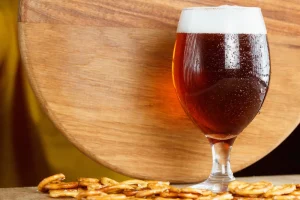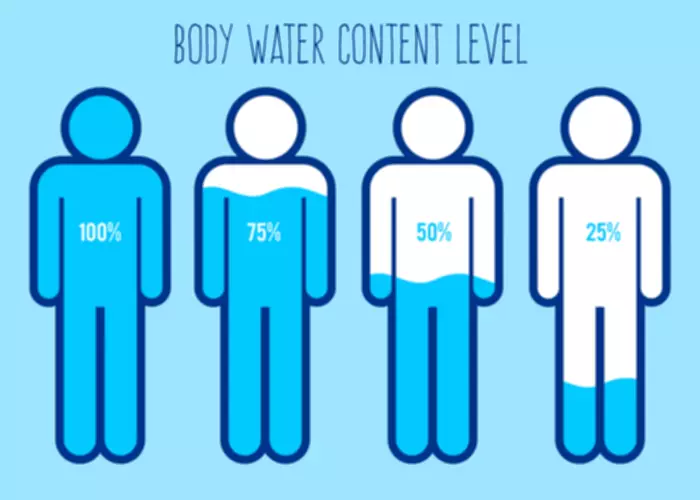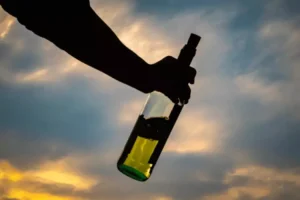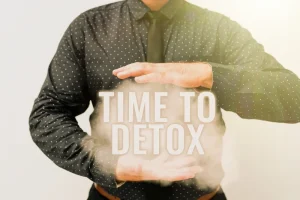Drinking large amounts of alcohol can produce many unpleasant effects.…
The Cycle of Alcohol Addiction National Institute on Alcohol Abuse and Alcoholism NIAAA

Behavioral therapy and counseling are integral components of the rehabilitation stage of alcohol recovery. These therapies help individuals develop new coping skills, modify harmful https://ecosoberhouse.com/ behaviors, and establish healthier thought patterns. The goal of behavioral therapy is to identify triggers and develop strategies to manage cravings and prevent relapse.
Does private health cover inpatient treatment for addiction and rehab?
- The key is cultivating new goals and taking measures to move towards them.
- During this stage, it is helpful to reach out to a trusted healthcare professional, counselor, or support group who can provide guidance and support.
- The Jellinek Curve offers insights into the phases of addiction and the path to recovery.
- Your body has acclimated to quitting drinking over the past couple of years.
- They can recommend treatment options that can help, including therapy and medications.
- Planning in advance a way out of high-risk situations—whether an event, a place, or a person—helps support intentions in the face of triggers to use.
By recognizing where you or a loved one is in this process, you can tailor interventions, set realistic expectations, and provide appropriate support at each stage. Behavioral treatment programs are helpful for people who want to quit drinking. These programs involve working with a team of mental health professionals in a group and individual setting.

Alcohol Misuse and Binge Drinking

By recognizing and avoiding these triggers, individuals can create a supportive and alcohol-free environment. Implementing relapse prevention strategies, such as relapse prevention strategies, can be instrumental in maintaining long-term sobriety. Reaching stage 6 of the alcohol recovery process marks a significant milestone in one’s journey towards sobriety.

Alcohol Detox for Withdrawal

Also, withdrawal symptoms are relieved immediately by consuming additional alcohol. This puts you at a significant risk of relapse when you try to quit drinking at home without professional help. It’s important to get professional support if you are trying to cut down on your drinking. Instead, gradually reduce the amount you drink every day over a period of several weeks. A good rule of thumb is to reduce your drinking by about 10% every couple of days. So, if you drink 10 beers a day, reduce it to 9 beers on day 2 of your alcohol detox and so on.
- However, as mentioned, sometimes people progress to severe alcohol withdrawal symptoms very quickly.
- After half a year without drinking, you will really start to reap the rewards.
- The best way to handle a relapse is to take quick action to seek help, whether it’s intensifying support from family, friends, and peers or entering a treatment program.
- Alcohol rehabilitation is essential for individuals struggling with alcohol addiction.
Behavioral Treatment
Alcohol withdrawal is challenging because the symptoms can develop rapidly and suddenly. The withdrawal symptoms can also escalate in severity rather quickly and aggressively. Suddenly quitting alcohol can result in hallucinations, seizures, heart failure, and even death. stages of alcoholic recovery People who develop a life-threatening form of alcohol withdrawal called delirium tremens (DTs) may need admission to an intensive care unit due to a risk of death. You may have heard before that “the first 30 days can be the hardest,” and experts tend to agree.

- In the journey of alcohol recovery, Stage 3 involves detoxification and managing withdrawal symptoms.
- For substance use disorders, it might involve detoxification, medication-assisted treatment, or inpatient rehabilitation.
- They also address questions related to financing the group and managing public relations.
- During the recovery stage, it’s not uncommon to feel temporarily worse.
- For many people, these groups may serve as their primary resource for changing their behavior, but they also often augment formal treatment.
Recovery from Addiction
- In their book “Changing for Good,” psychologists James Prochaska, John Norcross and Carlo DiClemente warn that those who “cut short the preparation stage” are more likely to fail.
- Through the lens of TTM and MI, the recovery process emerges as a dynamic and fluid evolution.
- Attend meetings for loved ones of those recovering from an addiction as a way of supporting yourself and connecting with others who can relate.
- Inpatient rehab is an intensive treatment program in a medical facility that provides 24-hour care and a multidisciplinary approach to help patients recover from severe medical conditions or substance use disorders.
- For many experts, the key components of addictive disorder are compulsive drug use that continues despite detrimental consequences, and the development of cravings with the inability to control use.
This Post Has 0 Comments